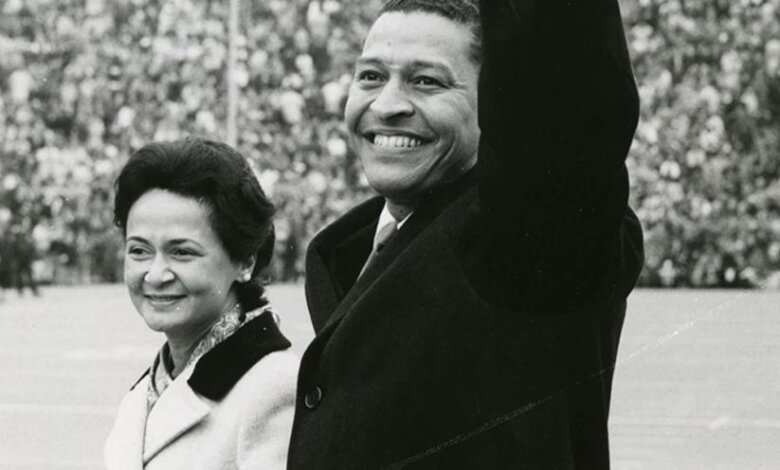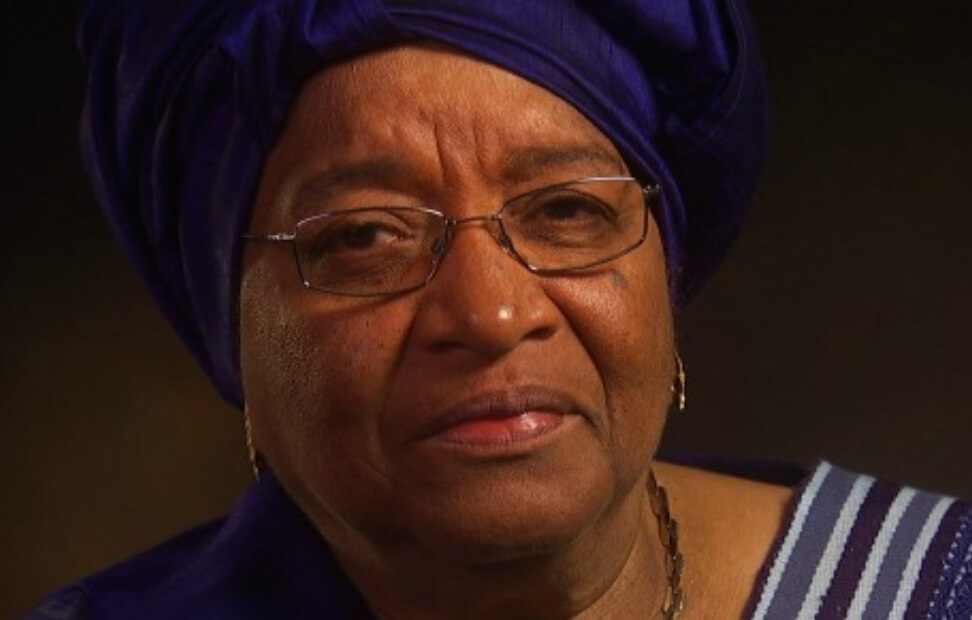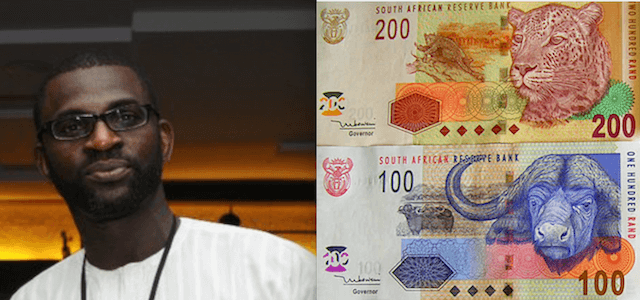Remembering Clifton R. Wharton Jr., an inspiring Black pioneer

Clifton R. Wharton Jr. was by all standards an inspiration in academia, business, and public service. Wharton’s career was defined by a series of historic firsts that quietly reshaped opportunities for African Americans in fields long dominated by white leaders.
In 1969, Wharton became the first Black president of a major, predominantly white university when he was named president of Michigan State University at age 43. His leadership there marked the beginning of a remarkable career that broke barriers in education, business, and government.
Wharton went on to serve as the first African American chancellor of the State University of New York, the largest higher education system in the U.S., overseeing 64 campuses and more than 300,000 students.
In 1986, he became the first Black CEO of a Fortune 500 company, leading Teachers Insurance and Annuity Association of America (TIAA) through a transformation into one of the largest financial services firms in the nation. He later became the first African American deputy Secretary of State, serving under President Bill Clinton.
Despite his inspiring roles, Wharton was known for his modesty, earning the moniker “the quiet pioneer.” He rarely highlighted his race, preferring to let his work speak for itself. “I’m a man first, an American second, and a Black man third,” Wharton told The New York Times after his appointment at Michigan State. “If one has the skill and the talent, you’re going to make it.”
Born on Sept. 13, 1926, in Boston, Wharton was the son of pioneers in their own right. His father, Clifton Sr., was the first African American career ambassador in the U.S. Foreign Service and later became the first Black ambassador to a European nation. His mother, Harriette, was an educator with a master’s degree in social work.
Raised partly in Spain’s Canary Islands, Wharton became fluent in Spanish and developed a global perspective early on. After graduating from Boston Latin School, he entered Harvard University at 16, earning a history degree before pursuing advanced studies at Johns Hopkins and the University of Chicago, where he became the first Black recipient of a Ph.D. in economics.
Wharton’s early career took him to Latin America and Asia, where he focused on agricultural development and international economics. His work in rural Venezuela, Brazil, Costa Rica and later in Southeast Asia, accentuated his commitment to improving lives in developing nations.
His tenure at Michigan State coincided with a period of social unrest. Wharton faced protests over civil rights and the Vietnam War with composure, navigating tense confrontations peacefully. He also championed diversity on campus, establishing policies to increase representation and overseeing the creation of the Wharton Centre for Performing Arts.
In his nine years as SUNY chancellor, Wharton became a staunch advocate for public higher education during financially challenging times. His impact extended to corporate leadership at TIAA, where he revitalized the organization, and philanthropy through his work with the Rockefeller Foundation.
Not all of Wharton’s ventures were smooth. His time as deputy Secretary of State was cut short amid frustrations with the Clinton administration’s foreign policy team. Yet Wharton remained active in philanthropy, the arts, and corporate governance, serving on numerous boards.
Wharton reflected on his achievements and challenges in his 2015 memoir, Privilege and Prejudice: The Life of a Black Pioneer. “I strived to compete in a fully integrated fashion within the dominant society, without special help or favour due to my race,” he wrote, emphasizing preparation and resilience as the keys to his success.
Wharton passed way in Manhattan in November last year. His death, confirmed by his son Bruce, was attributed to cancer. He was 98. He is survived by his wife of 74 years, Dolores, a noted arts advocate, and his son, Bruce. His eldest son, Clifton III, predeceased him in 2000. Wharton’s life was a sterling reflection of the power of intellect, perseverance, and leadership in redefining possibilities. His memory forever lives on.
Written by Kweku Sampson.

This article is published by either a staff writer, an intern, or an editor of TheAfricanDream.net, based on editorial discretion.





